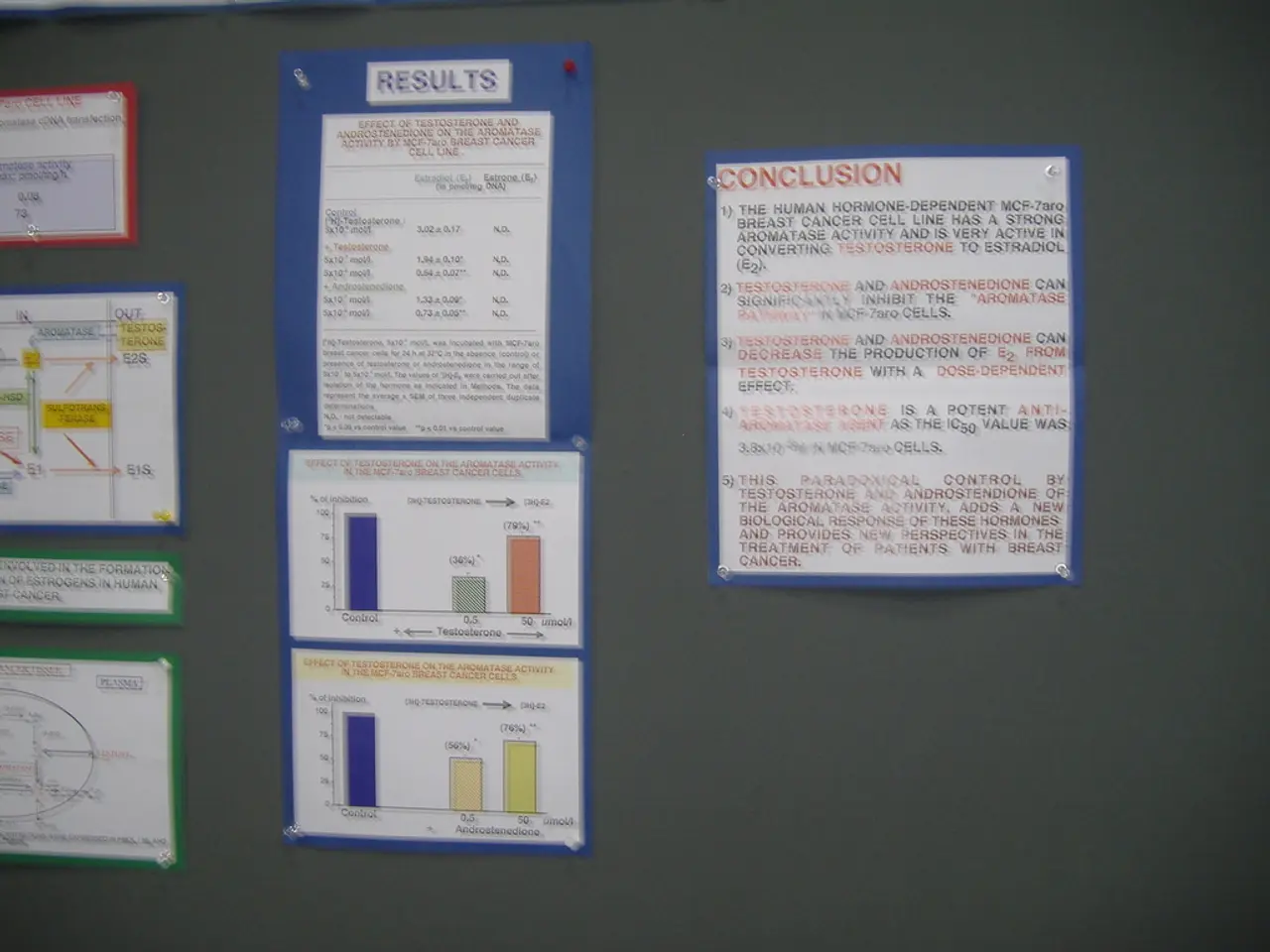Budget Critique: Questionable Accounting Practices and Potential Investment Perils Raised
The Institute of German Economy (IW) has criticized Finance Minister Lars Klingbeil's budget plans, accusing the government of relying on "booking tricks" to mask underlying fiscal problems. The IW argues that these tactics, which include shifting funds and creating an appearance of fiscal balance, do not address the central structural issues of the budget.
According to the IW's analysis, central problems remain unsolved in the federal budget, including an emerging €30 billion deficit in 2027 and the unsustainable fiscal pressures stemming from demographic changes and social spending commitments. The failure to cut energy taxes for consumers, despite promises, and the prioritization of pension increases over other budget needs illustrate a political reluctance to make tough decisions. This avoidance exacerbates fiscal risks and defers needed reforms, especially in social security and energy policy, which are critical for Germany’s economic future.
The announced investment offensive, according to the IW, threatens to fizzle out. The IW's warnings suggest a potential risk of insufficient funding for infrastructure investments and defense spending in the future. The IW identifies special funds like infrastructure and climate neutrality, as well as the climate and transformation fund, as being led outside the debt brake.
More than 20 billion euros in the defense area will be excluded from the debt brake as early as 2026, according to the IW's analysis. The Institute notes a shift of important investments outside the debt brake in the federal budget. The IW predicts a need for stronger structural austerity measures after the balanced budget in 2026 to prevent cuts in infrastructure investments.
The IW also warns that funds are more likely to be reduced or not called up due to long planning and award procedures. The Institute claims that the federal budget is relieved through these "booking tricks," with money intended for energy tax cuts being reallocated to pension increases as a politically motivated redistribution.
Expensive projects like Mother's Pension III are identified as burdens on the expenditure side of the federal budget. From 2027 onwards, significant amounts are required, according to the IW. These amounts, according to the IW, require structural austerity measures to prevent cuts in infrastructure investments.
In conclusion, the criticism focuses on the government's use of accounting maneuvers to hide true budget imbalances and the lack of structural reforms addressing demographic and economic challenges, threatening fiscal stability in coming years. The IW's analysis indicates that these funds were originally intended to be financed from the regular budget but are now excluded from the debt brake, potentially posing a risk of insufficient funding for infrastructure investments and defense spending in the future.
- The Institute of German Economy (IW) warns that funds, such as those planned for pension increases, may be reallocated through "booking tricks," originally meant for energy tax cuts, which could lead to potential fiscal risks and insufficient funding for infrastructure investments and defense spending.
- The IW's analysis argues that the government's reliance on strategies like shifting funds and creating an impression of fiscal balance fails to address central structural issues, such as the emerging €30 billion deficit in 2027, unsustainable fiscal pressures, and complex challenges stemming from demographic changes and social spending commitments, thus threatening long-term fiscal stability.




